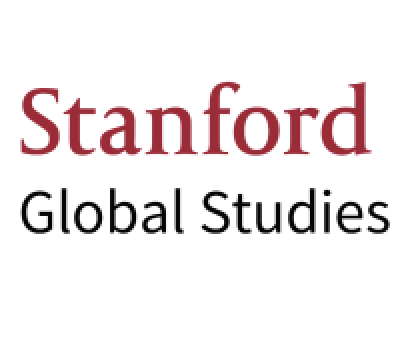2024-25 Course Innovation Awards
One of our priorities at Stanford Global Studies (SGS) is to provide more pathways for students across all undergraduate majors to learn about issues of regional and global importance, be it through coursework, internships, research opportunities, or study abroad.
In an effort to stimulate new curricular pathways, SGS is making available a pool of resources–on a competitive basis–to support the development of new courses focused on substantive topics of regional or global interest for the academic year 2024-25. Our goal is to spur the design of courses that can appeal to large numbers of students or reach students early in their academic trajectory.
Apply for a Course Innovation Award
This year, we will be making two types of grants:
1) New course development
We are specifically looking to provide support for the development of courses that:
- Are centered on a question or issue that invites a focused exploration of regional or cross-regional materials (e.g. the rise of populism, the behavior of great powers in their periphery, the role of religion in politics, the impacts of migration, the consequences of environmental change, etc.)
- Bring regional or global perspectives to technical fields or issues
- Are geared toward frosh and sophomores
We also welcome proposed courses that find creative ways of actively engaging students in the learning process using alternative modes of engagement (i.e., hands-on research opportunities, student-engaged learning, etc.) New courses could be designed for a faculty member’s own department (with the potential for cross-listing).
2) New course development with a study abroad component in partnership with the Bing Overseas Studies Program
Faculty are invited to consider including a study abroad component to the development of a new course. This is best requested for courses offered during the winter quarter (overseas component taking place during spring break), as well as spring quarter (overseas component immediately following the end of quarter).
If you are applying for a new course with a study abroad component, please complete this application form AND submit a program proposal directly to the Bing Overseas Studies Program (BOSP) before the deadline of February 15, 2024. Upon receipt, BOSP will share the application with SGS for their review.
Please note: Students must have completed three quarters at Stanford before participating in a BOSP study abroad program. If you would like first year students to participate, best to plan for spring course/summer travel.
Proposals are accepted from any current Stanford faculty member who belongs to the Academic Council. Non-tenure track Stanford faculty may be considered occasionally, as may emeriti. Please inquire about your specific circumstances.
For new course development grants:
- A description of the key question(s) or issue(s) to be explored in the course
- A basic outline of the course structure (for existing courses, please provide a syllabus)
- A discussion of the regional or cross-regional emphasis
- A description of the faculty who will be involved
- A description of alternative modes of student engagement, if applicable
- Academic product, methods of student evaluation and grading criteria (e.g., participation, group projects, presentations, papers)
- A summary of the financial resources required to develop the course (i.e., faculty support, research assistantships, TA support, field trips, course materials)
For new course development with a study abroad component - all of the above, plus:
- Country of travel
- General academic content and learning objectives for overseas component
- Significance of the location (country/city) chosen and relevance to the course content
- Faculty’s on-site knowledge and prior experience with the proposed location
- Methods of instruction (e.g., classroom lecture, guest lectures, community engagement)
- Proposed host academic institution and/or service provider, if any. Proposed venues (classroom and housing), if any.
- Proposed academic site visits/excursions/activities
- Health, safety, and security conditions and in the proposed seminar location (country/city)
Faculty support, research assistantships, TA support, field trips, course materials
